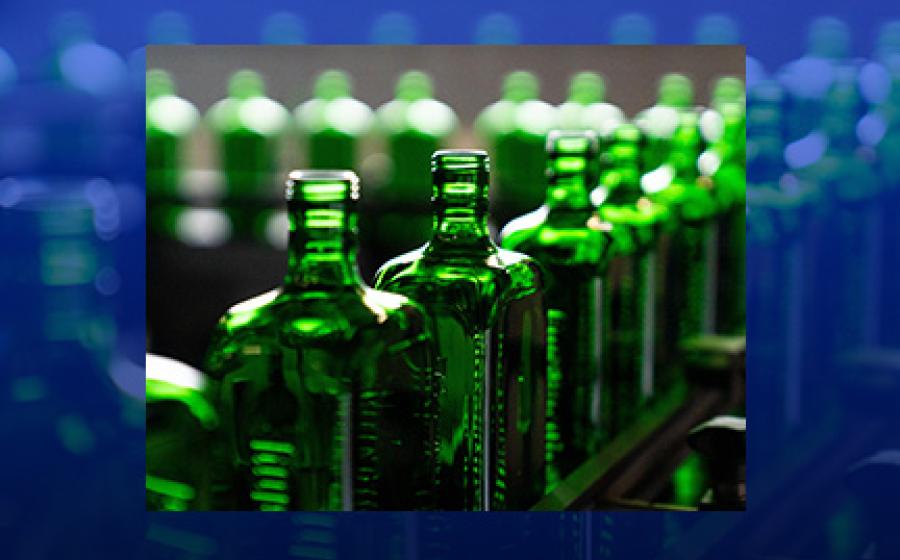
For over two decades, Ardagh Glass Packaging-Europe (AGP-Europe) has been producing the bottles for Jägermeister. Now, both companies are strengthening their collaboration with the goal of significantly reducing the CO₂ impact of the distinctive Jägermeister glass bottle.
“Partnering exclusively with Jägermeister, we’re scaling innovation with impact,” says Joris Goossens, R&D project manager at AGP-Europe.
“After successfully producing lower-carbon amber glass in our NextGen Furnace, the next step is to use the same ground-breaking technology to produce green glass – aiming to deliver the first lower-carbon emerald glass bottles to the spirits sector.
AGP-Europe’s NextGen Furnace in Obernkirchen, Germany, began glass production at the end of 2023. This advanced hybrid technology uses 42 electrodes which enable up to 80% electrical heating. The technology has already been proven in the production of amber glass packaging: based on the operating parameters of using 60% renewable electricity for glass melting and a recycled content of up to 70%, the carbon impact of amber glass packaging has been reduced by 64%.
The solar-powered renewable electricity comes from a power purchase agreement (PPA) with Sunnic Lighthouse GmbH, and parent company Enerparc, in Germany.
“The signing of a contract for up to 14 million 70cl bottles from the NextGen Furnace in Obernkirchen is a milestone in our long-standing partnership with Ardagh Glass Packaging. The production of our green Jägermeister bottles with this new technology aims to reduce CO₂ emissions by an envisaged 64% per bottle (based on amber glass production – actual carbon reduction numbers to be verified following green glass production) which, if achieved, will directly contribute to our sustainability goals,” explains Carsten Doliwa, vice president procurement at Mast-Jägermeister SE.




